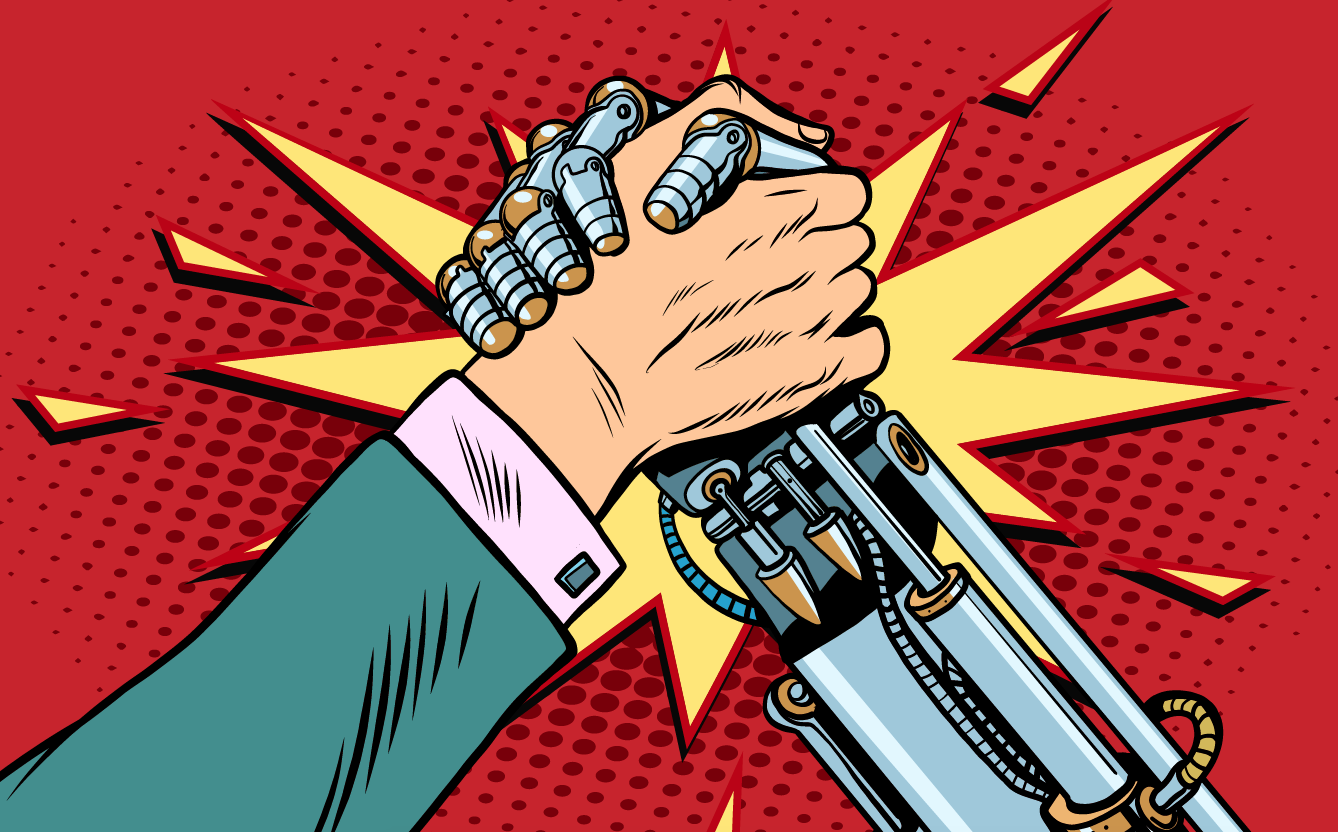Welcome to the workplace of the future, where new technologies like automation, robotics and AI (artificial intelligence) are shaping the world of work and redefining the employer-employee relationship as we know it. This revolution is underpinning a growing demand for IT skills and expertise in the workplace – a recent study found that 40 per cent of employers are having difficulty filling jobs, with businesses reporting the most marked tech talent shortage in a decade. And, with 12 per cent of millennials now saying it is unlikely they will ever retire, the onus is on employers to attract, retain and develop these individuals through alternative work models and career mobility to keep them energised and engaged. So, what is it that this generation, which will make up 35 per cent of the global workforce by 2020, want from their employers and what can employers do to retain their top talent?
Skills are the new currency.
Career security is critical for millennials and they’re increasingly seeing in-demand skills as an enabler to climb the corporate ladder and secure long-term employment. They understand the key to remaining employable over longer working lives is up-skilling and continuous development, and are focused on learning technical, interpersonal and IT skills. At the same time, employers are looking to hire individuals with the digital know-how to work in today’s working environment – with demand for big data, mobile, cloud, cyber security and web skills growing at an unprecedented rate. However, willingness from employees to self-teach and experiment with new technologies is also becoming increasingly important for employers.
In terms of retaining top talent, people tend to leave organisations for two key reasons: a lack of career development and training, and a lack of variety in their day-to-day work. But there are processes that employers can put in place to help resolve these.
Provide career security
Given the pace of change in the workplace today, it’s important to hire staff that have the aptitude and enthusiasm to learn new skills. Make sure you provide a supportive training and development programme to enable this up-skilling and share examples of employees who have progressed through on-the-job learning to show what’s possible.
Focus on variety and mobility
A de-motivated workforce will impact the bottom line, but allowing individuals to be involved with projects that require different skill-sets will enhance their personal development. Offering them opportunities to move around different departments will also enable them to work with a variety of teams which millennials are increasingly looking for in their role.
Have regular career conversations
Rather than scheduling in annual formal reviews with employees, focus on near-term objectives and implement plans to achieve them. Encourage managers to arrange weekly meetings with workers where individuals can talk openly about their main priorities, challenges and goals, but also discuss relevant industry news and developments that the business should address. Show them that you value their opinion.
Be open to alternative work models
Millennials want more individual choice over where, when and how they work, and this flexibility should be embraced across all aspects of the business. Take training for example. There’s no silver bullet for development in the workplace. Employees at different levels want – and need – vastly different kinds of training. It’s therefore vital to take a multi-channel approach to their development and provide easy-to-access training and tools to enable them to learn quickly on the job. This can be done via short videos, webinars or getting them to participate in online communities and forums where both colleagues and industry peers can share knowledge and best practice.
Technology is evolving at a rapid pace, and the digital workplace of tomorrow is in full swing. To stay ahead of the curve, organisations need to future proof their workforce skills and give their employees career security. If both of these requirements are addressed, businesses will improve engagement, retention, speed to competency and ultimately, the bottom line.
Geoff Smith is the managing director at Experis UK & Ireland.







